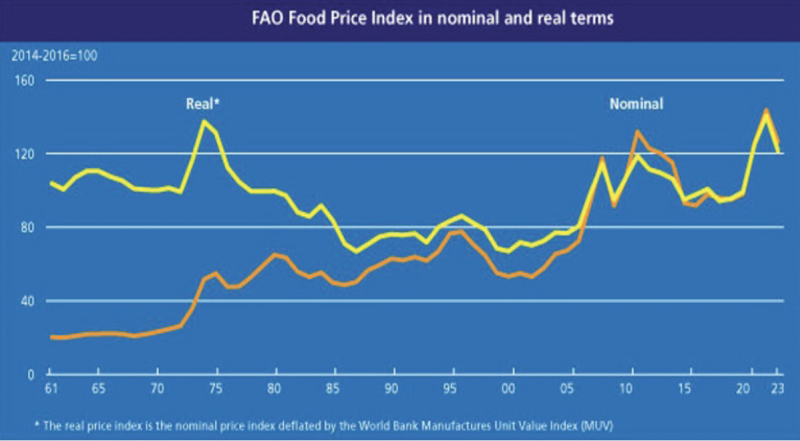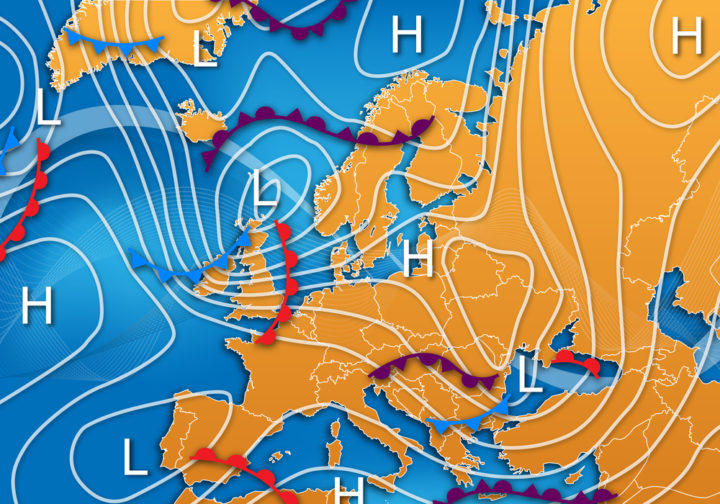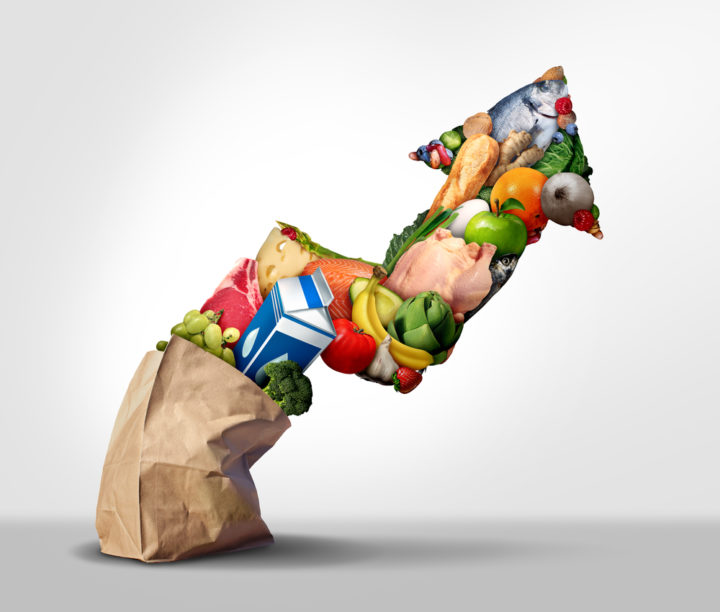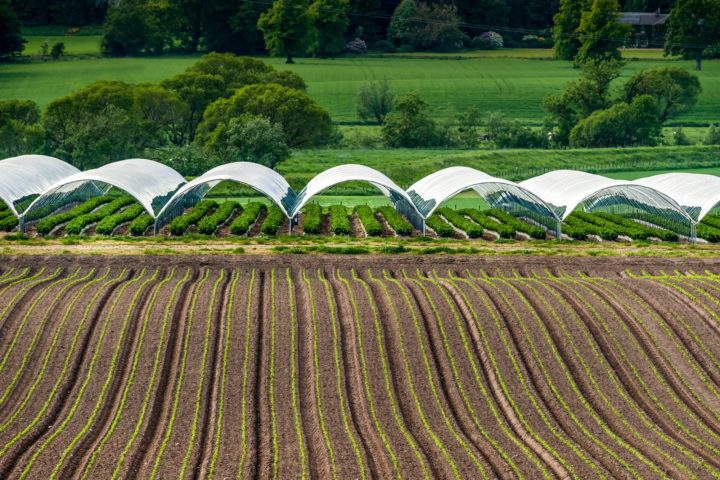Climate, Fossil Fuels and UK Food Prices: 2023
Climate change and energy add the cost of 10 weekly shops to food bills as floods and drought hit food production.
Last updated:
There are many drivers of consumer food prices, but the cost of energy inputs and extreme weather accounted for the lion-share of the UK's rise in food prices in 2022.
In 2023, we anticipate falling energy prices to act as a brake on food price growth. However, extreme weather continues to be an important driver with global temperatures in 2023 exceeding previous records. This rise in global temperatures – with resultant droughts, flooding, lower yields – directly affects global agricultural production.


Combining the impact of energy costs and climate change across 2022 and 2023, these two factors have increased household food bills by an average of £605, with climate costs alone accounting for 60% of this increase, or £361 for each household.
Compared to 2021, British households are likely to pay an extra £605 for food in 2022 and 2023 due to climate change impacts and historically high oil, gas and fertiliser prices.
In total since the end of 2021, around £17 billion has been added to the nation’s food bill by these two factors alone, as Bank of England governor warns of ongoing climate risks for food price inflation.

To put these figures into some perspective, the graph below shows the breakdown of climate change and energy costs effect on food inflation reported in Figure 7 for both 2022 and 2023. The comparison highlights three important features.
1. The combined effect of weather and energy costs was considerably higher in 2022 than 2023 reflecting that in 2022 both factors acted to push up food inflation;
2. In contrast, the fall in the cost of energy during 2023 from its 2022 peak offset the effect of the record-breaking temperatures witnessed in 2023, but only partially leaving the net effect of these two factors positive over the year;
3. Whereas the effect of energy prices fluctuates year-to-year, climate change exerts a more persistent effect on food prices.

Across both developed and emerging economies, food price inflation poses a significant challenge to policymakers. While there are many drivers of consumer food prices, both extreme weather and developments on global energy markets play significant roles.
Energy markets are characterised by volatility driven by both political and economic events. Rising global temperatures also affect domestic and world agricultural markets, but also indirectly energy markets. Research has focussed recently on the effect of climate change and extreme weather on price stability more generally and the macroeconomic consequences; as we have noted, the impact on food prices is one of the most direct routes via which extreme weather impacts on national economies.

